A few days ago we took a long, hard look at the HTC U11’s camera performance. While we were mostly pleased with the results, the camera wasn’t exactly the end-all, be-all of mobile photography we were expecting. Inconsistencies with low light performance, HDR blur, and over processing were just a few of the issues we had with the camera and that was all without comparing it with other shooters in its category.
To see how the camera performs when pitted against other top tier devices, we took the HTC U11 out on the town along with the Samsung Galaxy S8, iPhone 7, and Google Pixel. Here are the results…
Note: All photos were shot using the normal Auto HDR mode, allowing the phone itself to choose whether to use the HDR for any given scene. Your results may vary.
Daylight
(From right to left: HTC U11, Galaxy S8, Google Pixel, iPhone 7)
Right off the bat, the first thing you’ll notice about the HTC U11 is how it captures much more color information than that of the Galaxy S8 or iPhone (Pixel was really only here as a control device). The subtle differences in greens, colors of the boats, grass, and palm trees — whatever. Samsung’s software tends to be more on the cool side when shooting in daylight, those the sky appears to be a brighter shade of blue (I think the Pixel captured the actual color best).
Galaxy S8, HTC U11, Google Pixel
Where the U11 falters is in the finer details. When zooming in or cropping, you can see HTC’s artificial sharpening and noise reduction going full throttle. There’s nothing subtle about it. Even the Galaxy S8 — which we criticized for having going overboard with noise filtering and blurring out finer details — produced an image that was much more sharp and detailed than the U11’s. It’s quite surprising. In most of these outdoor/landscape cases, I actually much preferred the Galaxy S8’s images, with a nice mix of detail, colors, and dynamic range.
I will say, the U11 was better at, not only brightening up shadows, but pulling color information from inside those dark areas of the photo. This is where the phone almost always has a leg up on the Galaxy S8. That and low light. When it comes to dynamic range and color, the Pixel is still the king, although it’s HDR+ does virtually nothing to lighten up shadows, it does a mighty fine job at bringing down highlights. The problem with the Pixel is that it doesn’t produce anywhere near the clarity of the HTC U11 or Galaxy S8, and the iPhone? Well, it’s quick and fun to shoot with but the quality is nowhere near on par with Android’s latest and greatest.
HTC U11, Galaxy S8
Front facing cameras is where things get really interesting. The U11 and Pixel darken the image way too much (to compensate for the bright background), when the point of a selfie is to focus on the people inside the foreground — not the background. It’s possible to edit the exposure on the Pixel after the fact — making it the best looking image of the bunch — but that’s a lot of work you shouldn’t have to do. The Galaxy S8 looked good, but either the photo was too soft or out of focus. The iPhone 7 clearly produced the best looking image, even if they went a little overboard with the HDR in this case. The iPhone’s biggest camera strength is properly metering and exposing their photos, and that shows even with the front facing camera.
It’s getting harder and harder to quickly look at 4 photos and figure out which device shot what but here’s what I found. When shooting in bright, outdoor scenes, the iPhone is almost always the worst looking image, while the Galaxy S8 has a cooler tone, the HTC 10 has a bit more color vibrancy, and the Pixel tones down highlights best but has the worst detail.
Low light
Galaxy S8, HTC U11, Google Pixel
Shooting at night or in low light conditions and things become a lot more… indecisive. It’s almost quite sad because no one phone completely dominated the other. That just goes to show you how tricky mobile photography is, but if there was one phone that was consistent throughout all of these tests, it was the iPhone. Not in a good way, mind you. The iPhone low light photos were always dark, noisy and devoid of color, but at least they were sharp.
Galaxy S8, HTC U11, Google Pixel
The Pixel almost always produced the most favorable results — low light is where Google’s HDR+ really shined, but the HTC U11 was no slouch either. Sure, the HTC U11 frequently blows out highlights, but this could be fixed by merely tapping on the bright area of image and manually adjusting the exposure. The U11 basically assumes the lights in an scene aren’t your focus and you’re probably going to want to see everything else (buildings, people, faces). I guess I’m okay with that.
Galaxy S8, HTC U11, Google Pixel
The Galaxy S8 actually performed more closely to the iPhone. Images were sharp for the most part, but almost always dark and flat. Colors were drab (almost like there was a sepia filter applied) and if there was something brightly lit in the scene, the metering will darken the entire image to compensate. It’s basically the exact opposite of how the U11 handles metering in the same scenes. In the end, it’s nowhere near the quality you get from the Google Pixel or HTC U11 although at times, it was a tad more sharp.
Galaxy S8, HTC U11, Google Pixel
It’s no surprise that the front facing camera on every device performs awful in low light, it’s mostly just a matter of which sucked the least. If you’re looking for the photo where you can actually see the subject (even if it’s noisy and devoid of color), the iPhone 7 wins. Everything was too dark to make out, with the exception being the incredibly soft Pixel image.
Winner: HTC U11… maybe
This was a tough one, guys. We’ve said it a million times before but mobile photography has gotten so good, most of the time it’s simply a matter of preference. That doesn’t mean there aren’t objective things you can compare and judge, but often times it’s simply which photo you think looks the best.
For me, I simply wanted a new smartphone that could compete with the Google’s HDR+. While the Pixel is still the superior shooter in my book (we all knew that going in), the HTC U11 came in a really close second. It’s not perfect by any means and I’m excited to see the dual-camera Galaxy Note 8 Samsung is rumored to be working on, but right now the HTC U11 is the phone — and camera — I prefer to carry in my pocket.

































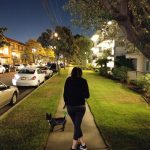

















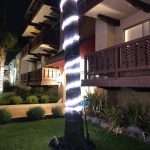
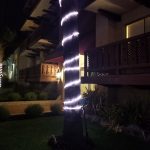







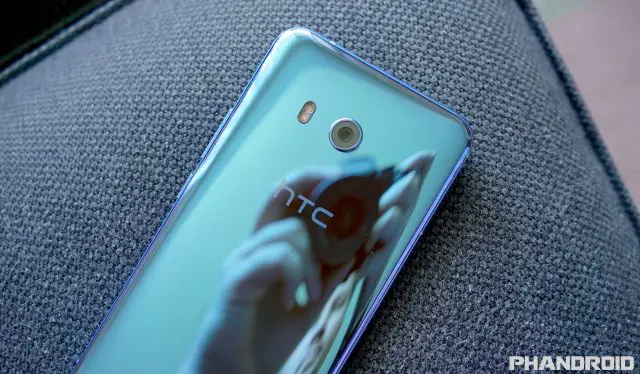

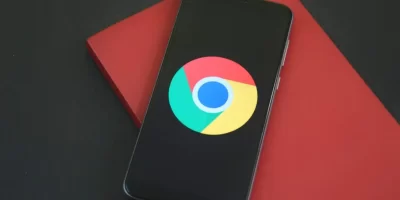
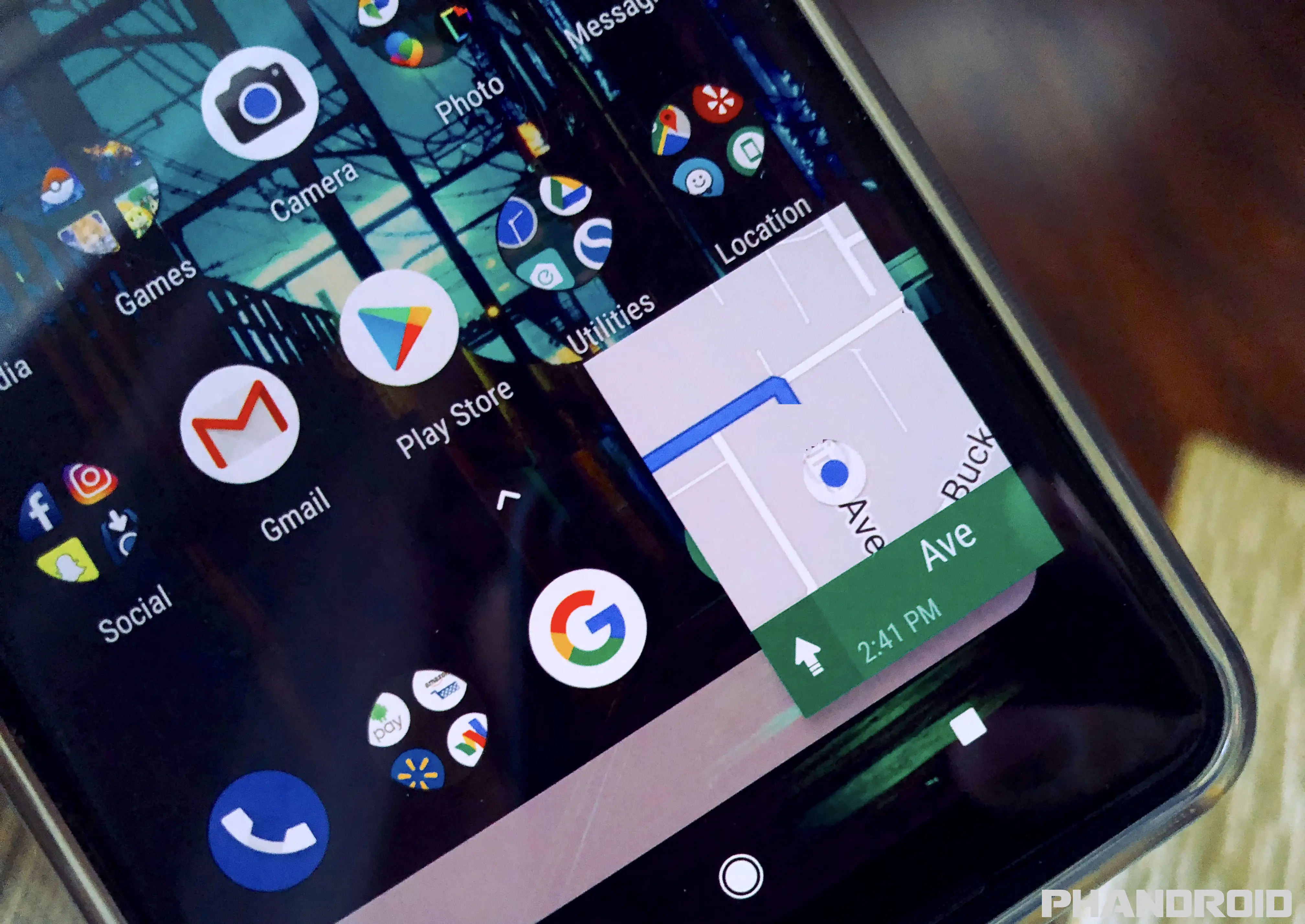




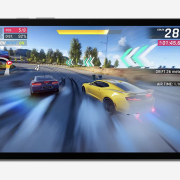
Comments